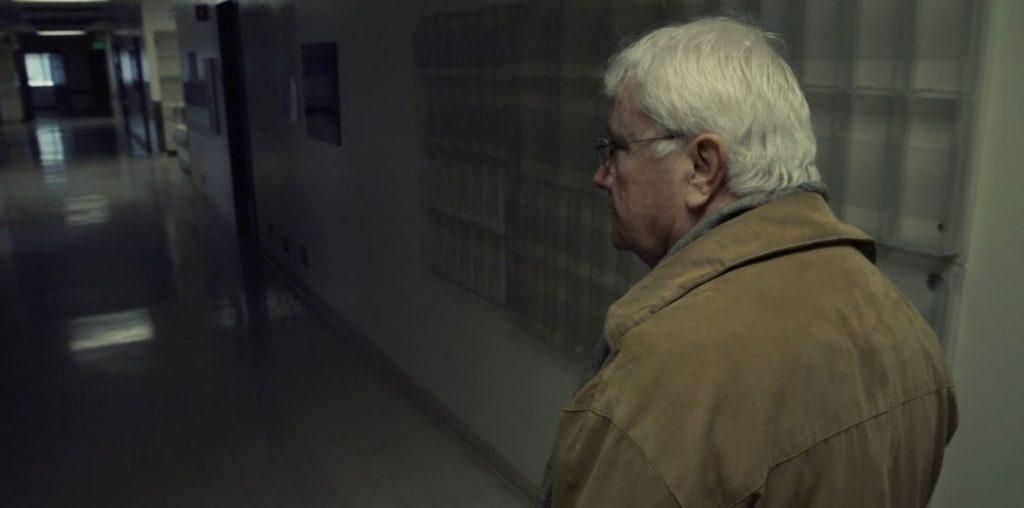
Packed tight into an old station wagon, Greta (Tessa Allen) and her family are moving to California. The twelve-year-old clutches her stuffed bunny rabbit while an old TV and a Juiceman are sandwiched between herself and her younger brother Nat. Her older sister Caroline shares the front of the car with their dad. Mom’s not making this trip with them. Greta seems the most intent on figuring out why this is. Not allowed to make any phone calls, the children turn to the man with the answers – their tight-lipped father. Avoiding their questions with talks of the Grand Canyon, Dad does everything in his power not to rant about the unappreciative woman who abandoned her family about a thousand miles back.
Creating a successful family drama is no easy task and the job becomes that much harder when young children are involved. As W.C. Fields once said, “Never work with children or animals.” In her sophomore effort, UCLA grad Olivia Silver, does both. After seeing too many children to count, Silver eventually brought Allen, who had previously worked on projects such as “Enough” (2002) and television’s “Providence.” Once Greta’s role was filled, the next job at hand was to cast a group of talented performers whom audiences would buy as a family. Silver succeeds here as Greta’s family seems as tense, annoyed, and unconditionally loving as any film family I’ve seen.
Along with the film’s performances, another strength is the cinematography. Passing red rock walls fill the view from the station wagon windows. Numerous shots of America’s nature and urban development create a collage of the nation’s heartland. Where the film lacks is in its script and its song selection. A few of the scenes where the family members fight come screeching to a halt as some pretty bad dialogue starts getting thrown around. The actors do the best they can with the words they’re given but it just doesn’t seem to make much of a difference. As for the music, the songs tend to overpower the scenes and attempt to tell the viewer how the characters are feeling. The trouble with this is, none of the songs seem to match the supposed emotions. The impression the film’s music gives is one of uncertainty—but not in a way that communicates the characters’ personal uncertainty.
“Little Canyon” is a strong film from a confident filmmaker. While it does have its flaws, the strengths greatly outweigh them. For every line of awkward dialogue, there’s ten more that sound completely natural, even coming from actors this young. As for Silver’s work with animals, Greta’s life changes when she reaches the “Little Canyon” and throws her stuffed bunny off the side. In one of the film’s best scenes, Greta’s transition towards adulthood is represented by the appearance of a new bunny, one that’s less artificial and more special than the one linking her back to her old life.
